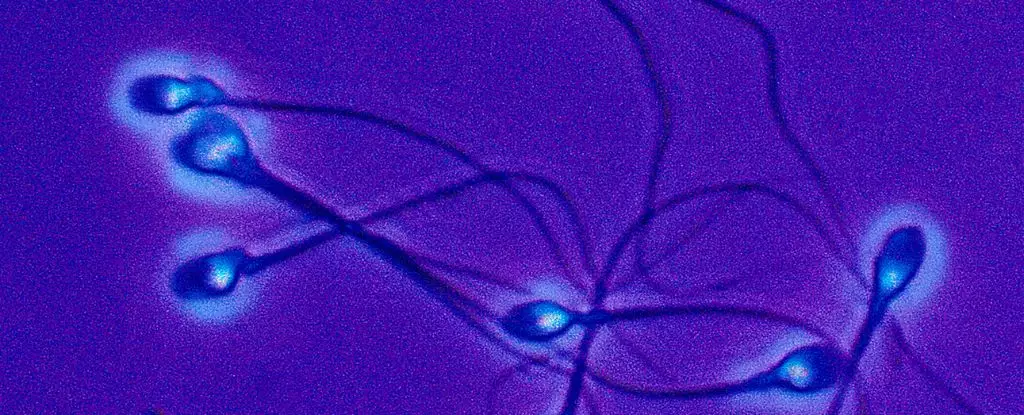Recent research conducted by scientists from Argentina has revealed a concerning link between the human papillomavirus (HPV) and male fertility. While HPV is commonly associated with cervical cancer in women, the study found that high-risk strains of HPV can also have detrimental effects on male reproductive health. During the study, semen samples from 205 adult males were analyzed, with results showing that those infected with high-risk HPV strains had lower sperm count and an elevation of reactive oxygen species. These factors can damage sperm and alter DNA, posing a significant risk to male fertility.
Despite the well-established connection between HPV and cervical cancer, the effects of this virus on male bodies remain relatively under-explored. Historically, HPV has been perceived as a ‘woman’s problem’, leading to a lack of research into its impact on male fertility. While HPV is known to cause cancer in the penis, anus, mouth, and throat of male patients, clinical tests for HPV are primarily focused on cervical screens. This gender bias in testing and vaccination efforts has resulted in a limited understanding of the full range of effects that HPV can have on male reproductive health.
The study also shed light on the disparities in HPV vaccination rates between males and females. Despite recommendations from the World Health Organization to include the HPV vaccine in routine childhood vaccinations for both genders, girls remain the primary target for vaccination. In many countries, boys are considered secondary targets, with only a fraction of them receiving the full course of the vaccine. This disparity can be attributed to misconceptions about the HPV vaccine being solely for girls, as well as limited awareness about the potential risks of HPV infection on male fertility.
The findings from the study raise important questions about the implications of high-risk HPV on sperm DNA quality and its potential consequences for reproduction and offspring health. Men infected with high-risk HPV strains showed increased sperm death, which could be attributed to oxidative stress and a weakened immune response. These changes in semen quality highlight the need for further research into the long-term effects of HPV on male fertility and the importance of inclusive vaccination strategies to address these risks.
Public health experts have emphasized the need for gender-neutral HPV vaccination efforts to eradicate the virus and its associated health consequences. Vaccinating everyone against HPV, regardless of sex, is seen as the most effective strategy to prevent the spread of the virus and reduce the incidence of related cancers. By shifting the focus away from HPV as solely a ‘woman’s problem’ and promoting awareness of its impact on male fertility, public health initiatives can work towards mitigating the long-term effects of HPV on reproductive health for both men and women.


Leave a Reply